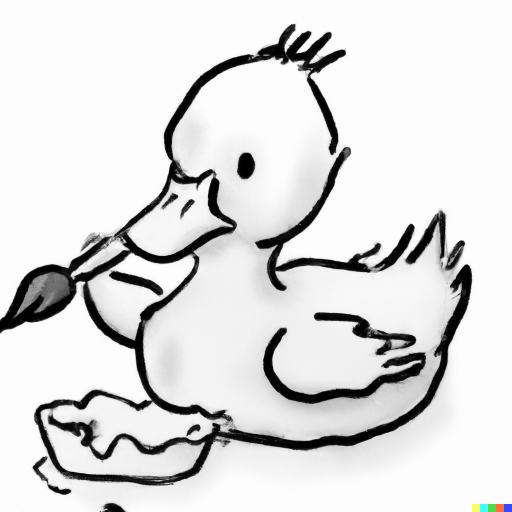COCI '22 Contest 4 #3 Bojanje
View as PDF
Oliver is a rubber duck that not only finds bugs, but also likes to paint.
His latest painting has parts, each coloured with a unique colour.
After he got a lot of critiques that his painting is too predictable, he decided to modify his painting in
iterations.
In every iteration he will do the following steps:
- Oliver will select uniformly at random an index
, and memorize the colour on the
part of the painting.
- Again, Oliver will select uniformly at random an index
. He will repaint the
part of the painting with the colour of the
part of the painting. If the
part is already painted in that colour, there is no change. Note that
can be equal to
.
Now, Oliver is afraid his painting will become monotonous or boring.
He considers a painting good if there are at least different colours on it.
Help him calculate the probability that his painting will be good at the end.
Input Specification
The first line contains the integers from the task statement, ,
, and
.
Output Specification
On the first and only line, output the answer modulo .
Formally, let .
It can be shown that the answer can be expressed as an irreducible fraction
,
where
and
are integers and
.
Output the integer equal to
.
In other words, output an integer
such that
and
.
Constraints
| Subtask | Points | Constraints |
|---|---|---|
| 1 | 30 | |
| 2 | 40 | |
| 3 | 40 | No additional constraints. |
Sample Input 1
2 1 2Sample Output 1
500000004Explanation for Sample 1
There are two colours on the painting, so the probability that it remains the same after one iteration is .
Sample Input 2
10 2 5Sample Output 2
1Explanation for Sample 2
After two iterations, the number of different colours can't go from to less than
,
so in every case the painting will have at least
different colours.
Sample Input 3
3 141592653589793 2Sample Output 3
468261332
Comments